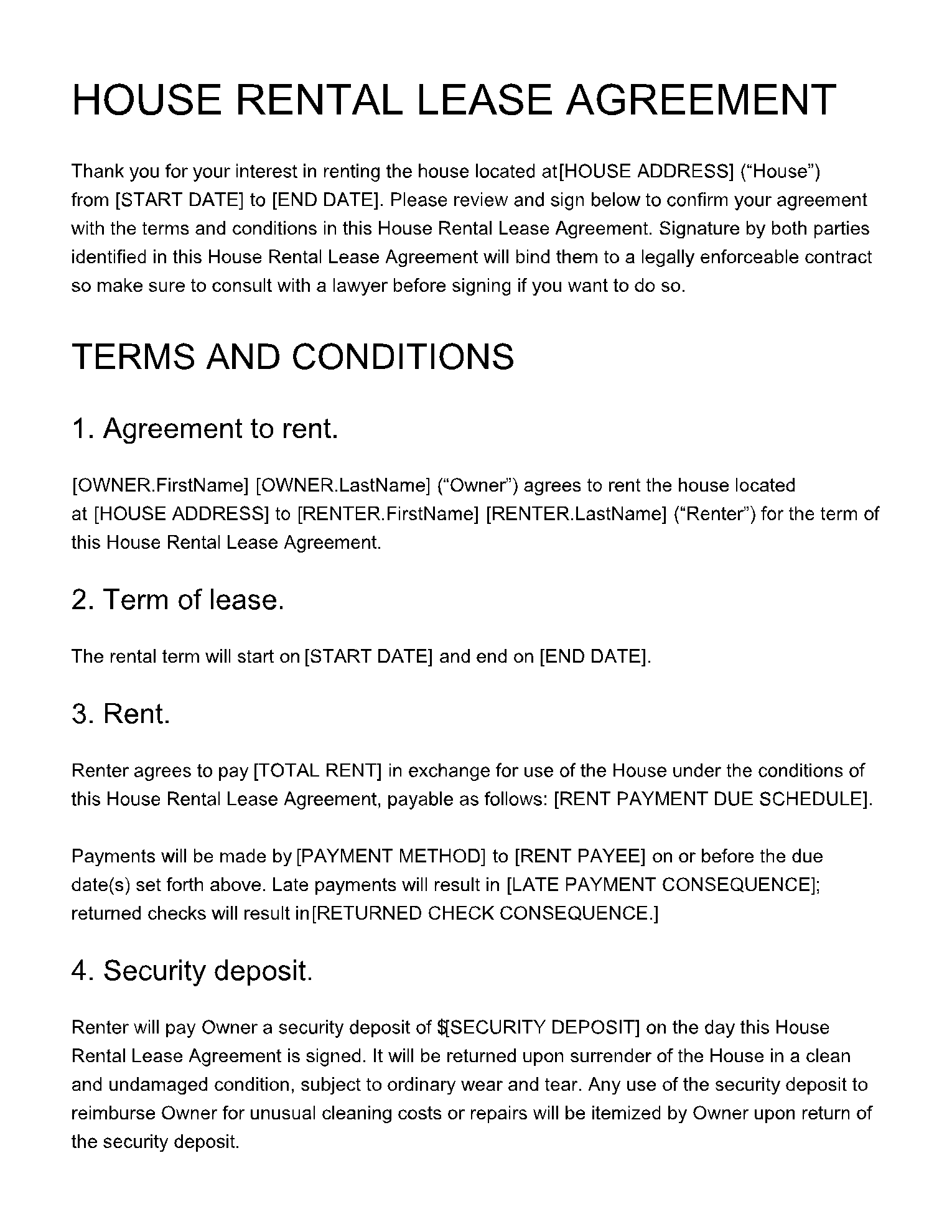Navigating the Basics of a Home Lease Agreement
Navigating the Basics of a Home Lease Agreement
Blog Article
Home lease contract, the bedrock of landlord-tenant relationships, must be crafted with detail to safeguard the passions of equally parties. In , the inclusion of renewal and firing clauses significantly styles the lease's framework, giving quality on lease expansion choices and leave strategies. For tenants and landlords moving the usually complicated waters of real estate, comprehending these clauses is essential.
The Importance of Renewal Clauses
Lease renewals are essential moments. For tenants, getting a lease expansion guarantees the persistence of a well balanced company location, while landlords benefit from continued hire revenue with no uncertainties of vacancy. In , the usage of certain language is crucial to activate a lease renewal. Fortunately, the state's regulations give mobility in this respect, giving space for custom clauses within the broader framework of house code.

Crafting a Solid Renewal Clause
A well-drafted renewal clause should really be meticulously detail by detail, approaching the precise renewal method, the full time frame within that your tenant should notify the landlord of these motive, and any associated phrases such as hire changes or lease modification allowances. By clearly specifying the process, equally parties avoid ambiguity and possible disputes.
Tenant's Perspective on Renewal
From the tenant's point of view, a favorable renewal clause includes a ample notice period, frequently 90 to 180 times ahead of the lease ends, ensuring satisfactory time for decision-making and negotiation. Any computerized lease renewal should be coordinated with a fixed expression and clear hire phrases to avoid unexpected improvements to the agreement.
Landlord's Considerations for Lease Renewals
Landlords must cautiously consider their method of renewals. Setting a reasonable new rent value, considering the current industry conditions, and evaluating the tenant's record are vital steps. Landlords may benefit from lease renewal bonuses, such as lease savings or service modifications, to incentivize tenant retention.
Understanding Termination Clauses
For tenants considering an exit strategy or landlords coping with problematic lessees, firing clauses in serve as the lynchpin. These clauses shape the process through which a lease could be legally ended by sometimes celebration, ensuring the firing is lawful and in respect with the lease phrases and state law.
The Two Types of Termination Clauses
understands two main forms of firing clauses: unconditional and conditional. An unconditional clause allows for the lease to be terminated without trigger, although a conditional clause typically needs the pleasure of specific terms, such as for example observe and potentially payment of a price, by the terminating party.
Tenant-Friendly Termination Criteria
From a tenant's standpoint, the more lenient the firing criteria, the better. This might contain shorter detect intervals and fewer situations to meet, lowering the barriers to escaping the lease. Tenants must always abide by the lease's termination process, specially providing the given published detect within the necessary time frame.
Landlord's Position on Termination
From the landlord's view, a lease needs to have obvious and realistic firing terms that provide defense against quick or unanticipated lease endings. Landlords frequently opt for conditional firing clauses, specially when they should protected new tenants or want to impose penalties for early exit.
Final Thoughts: Balancing Interests
Lease renewal and termination clauses are not mere formalities but strong tools that may shape the accomplishment and balance of one's hire property or organization location. The key to leveraging these clauses effortlessly is distinct interaction, good terms, and a heavy knowledge of property law.

While the renewal and firing clauses step by step over are essential the different parts of a lease agreement, they signify only a portion of the considerations involved with drafting or interpreting such a critical document. For equally landlords and tenants, legitimate consultation or the utilization of professional real-estate companies provides the mandatory knowledge to make sure that lease agreements are not only legitimately noise, but additionally fair and reflective of the finest passions of the parties involved. Understanding these clauses equips you to not only defend your rights but also to foster a confident and professional landlord-tenant relationship.
GO here now to obtain more information about innago. Report this page